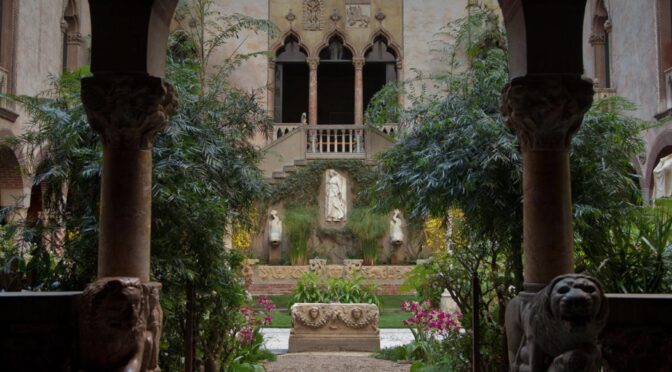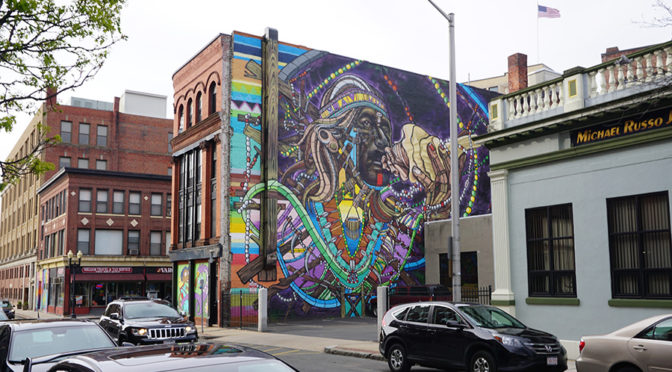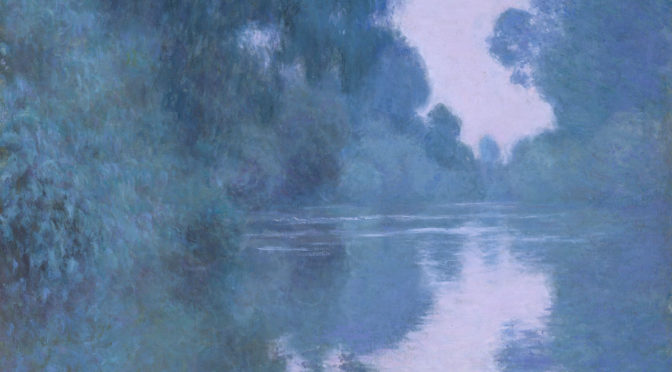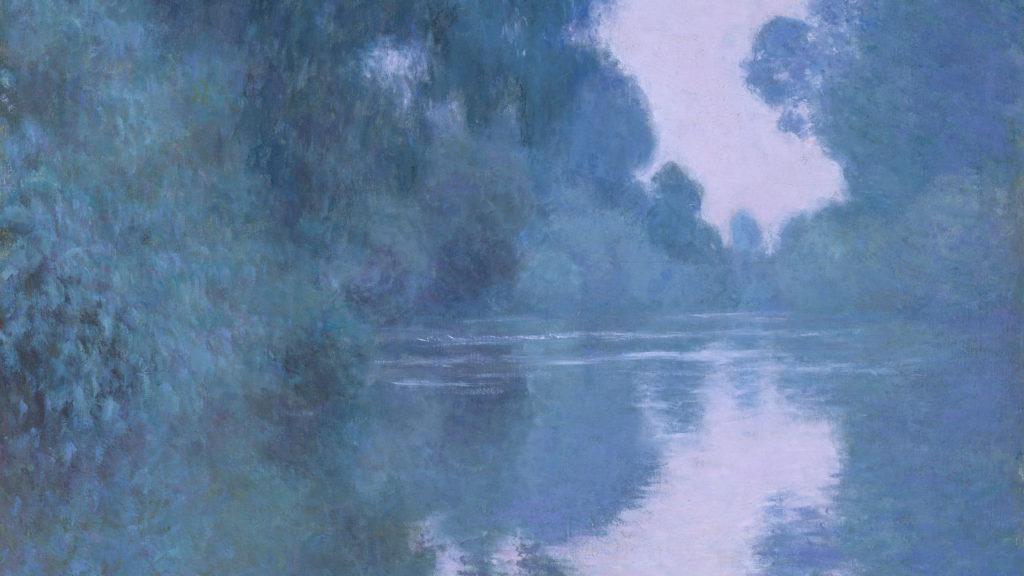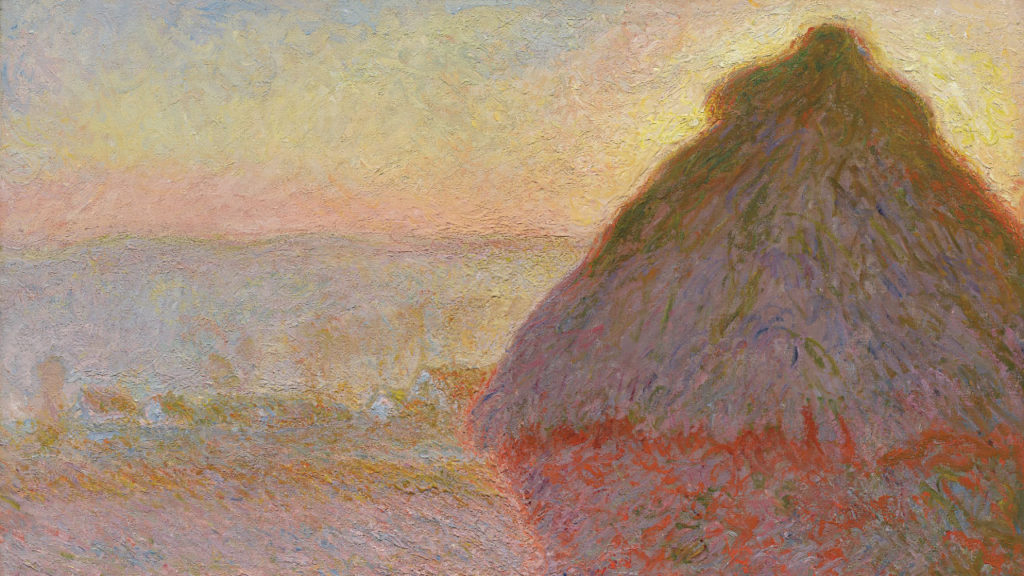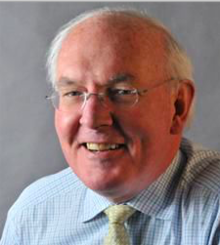
SIGN UP for our Zoom event
WHY DO WE NEED ART MUSEUMS?
with Natalie Dykstra
Tuesday, May 21 5:00 PM
In 2014, Jeffrey K Smith wrote “The Museum Effect” in which he put forth the case that museums, libraries and cultural institutions educate and civilize us as individuals and as societies. He suggested that visitors who spend time with their thoughts elevated, leave the institution as better people in some meaningful fashion than when they entered.
We will discuss this idea with Natalie Dykstra, the acclaimed biographer, of CHASING BEAUTY, about the life and legacy of Isabella Stewart Gardner, one of the first female art collectors in America. “Isabella Stewart Gardner is best known today for the Boston museum that bears her name, but as Dykstra makes clear in her luminous new biography, the Gilded Age doyenne was herself a figure to be reckoned with. A daughter of wealth who married into more, the flamboyant Gardner quickly became the queen of haute bohemia — and in the process, one of America’s most serious collectors. A lively portrait of a moment, a woman and the power of art”. – NYT
Was Gardner doing essential work in the cultural education of her fellow Americans or just satisfying her own wanderlust by spending money on expensive indulgences?
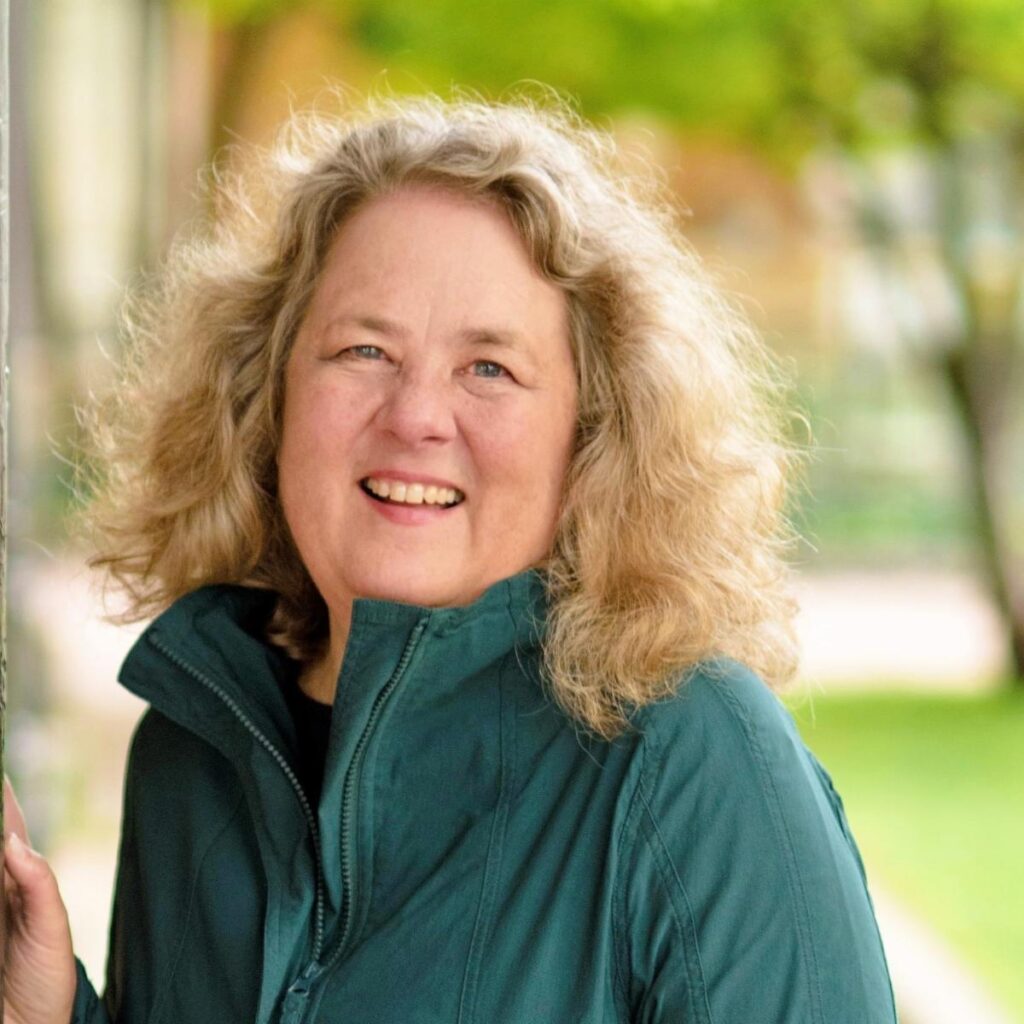
Chasing Beauty: The Life of Isabella Stewart Gardner, has recently made the NYT Editor’s Choice. Natalie Dykstra, professor emerita of English at Hope College in Michigan, is a Fellow of the Massachusetts Historical Society and has served as a board member of the Biographers International Organization since 2020.

